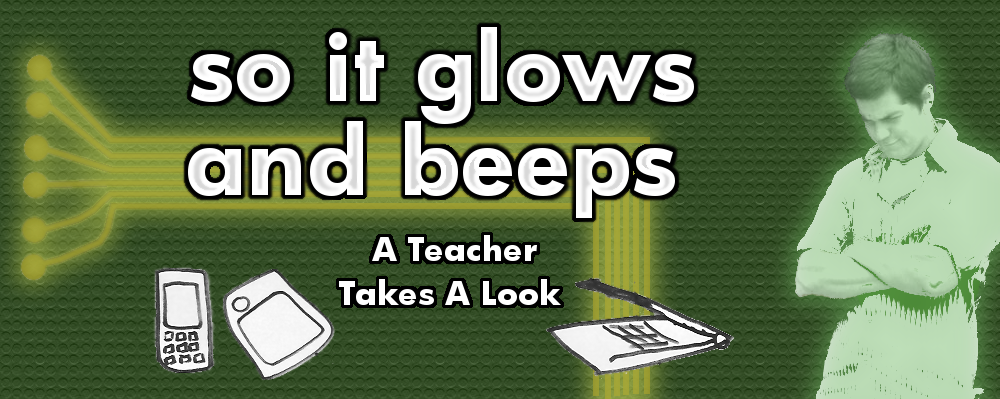Tuesday, November 9, 2010
To Tweet or Not to Tweet: Hamlet's Blackberry
Did you know Hamlet had a Blackberry?
The Bard's greatest non-actor tackled an issue that confronts our society today: connectedness or nonconnectedness. Whereas he wrestled with whether to follow up on his ghost-father's plea for vengeance (connectedness) or go ahead and wash his hands of all that rotten mess in Denmark (nonconnectedness), author William Powers addresses our society's ability to use our new powers of constant digital connection to create real connections between people--or does this constant connection drive us further away?
You can read/listen to Powers' interview on NPR, where he talks about taking each weekend off from digital connectedness. A sort of "Internet Sabbath," the article says.
In his 2007 essay, "Hamlet's Blackberry: Why Paper is Eternal," Powers explains that when Hamlet is overloaded with new and shocking information, he does the same thing we do in that situation: pulls out his smart phone and processes. For all we know, he may have been adding the ghost as a contact.
In fact, Powers describes a little tablet popularly carried around by people of the 16th century, and later by the likes of even Thomas Jefferson and Ben Franklin. Hamlet pulls out his tablet, which he calls a "table," and begins making notes. He can erase the notes with a sponge at any time to make room for new notes, which he says he will do upon hearing the ghost's chilling news.
Hamlet's tablet, like the modern Blackberry, came before the iPhone.
Labels:
apple,
bard,
blackberry,
english,
hamlet,
ipad,
shakespeare,
technology,
twitter
Subscribe to:
Post Comments (Atom)



No comments:
Post a Comment